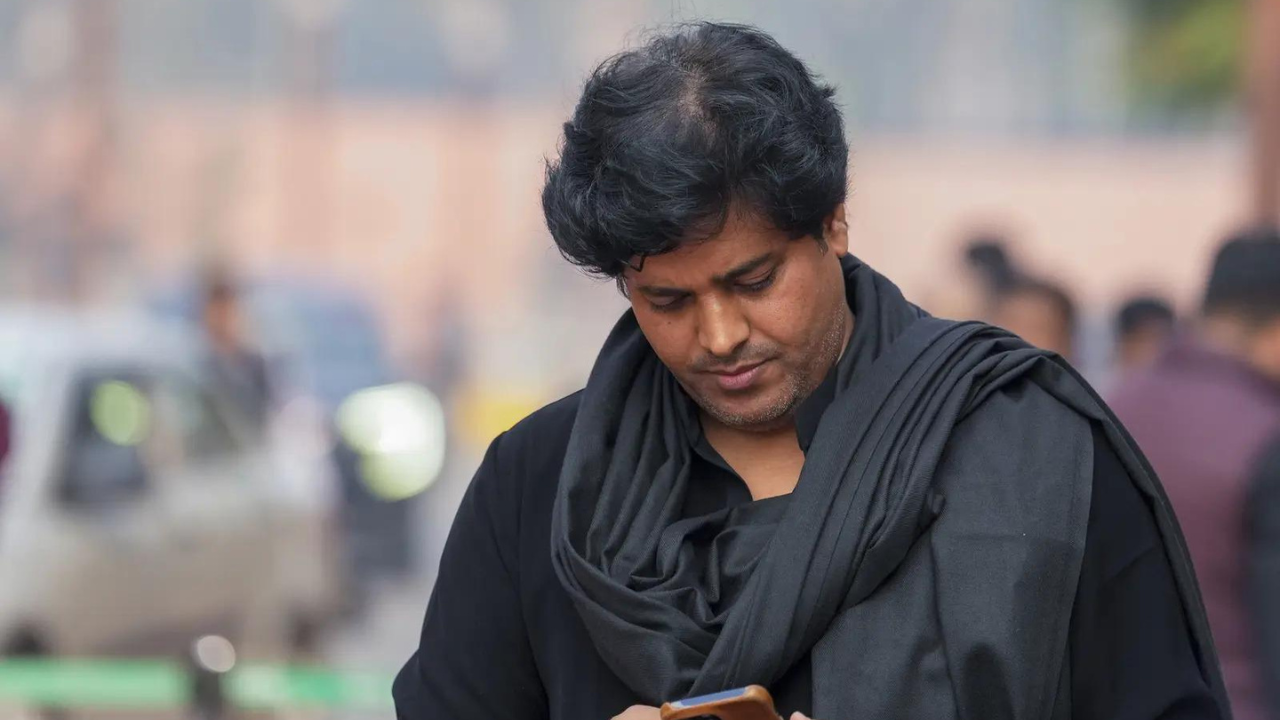Supreme Court Stays Proceedings Against Congress MP Imran Pratapgarhi for Edited Video
In a significant development, the Supreme Court of India has intervened in the case against Congress MP Imran Pratapgarhi, issuing a notice to the Gujarat government and staying proceedings against him for posting an edited video containing an allegedly provocative song. This follows the Gujarat High Court's refusal to quash an FIR filed against Pratapgarhi, escalating the legal battle. The case has sparked intense debate, and the Supreme Court's decision has brought renewed attention to freedom of expression and the limits of acceptable online content.
The Controversial Video and the FIR
The controversy stems from a 46-second video shared by Pratapgarhi on X (formerly Twitter), showcasing him walking amidst flower petals with a song playing in the background. The Gujarat Police filed an FIR, alleging the song was provocative, harmful to national unity, and offensive to religious sentiments. Pratapgarhi's argument centers on the claim that the poem in the video conveys a message of love and non-violence, and the FIR misrepresents the context. The police, however, maintain the song was intended to incite discord and religious animosity, prompting swift action under the relevant laws of the country.
Analyzing the Allegations
The key question in this legal dispute lies in determining the true intent and message conveyed by the video and its accompanying audio. The Gujarat government maintains that the song promotes a divisive agenda and violates public order, even if unintentional. On the other hand, Pratapgarhi, and his legal representatives argue that extracting isolated words and phrases from their proper context is misrepresentation of their true intent, and a potential misuse of authority. This intricate dispute requires careful examination of each claim to arrive at a justifiable conclusion. The matter is currently before the Supreme Court and only time can decide what action shall be taken, and by what course of law.
Pratapgarhi's Plea and the High Court Ruling
In his plea to dismiss the FIR, Pratapgarhi contended that it was based on frivolous and unsubstantiated grounds, arguing that the FIR lacked merit, as certain words were misinterpreted and taken out of context. He believed the Gujarat High Court wrongly disregarded this argument. He believed the case has been wrongly portrayed in the media, emphasizing that the intent was entirely misunderstood and wrongly interpreted to cause conflict, harm, or spread negativity. However, Justice Sandeep Bhatt of the Gujarat High Court rejected his plea, leading Pratapgarhi to approach the Supreme Court.
The High Court's Reasoning
The High Court's detailed rationale behind dismissing Pratapgarhi's plea, has to be duly considered to fully comprehend this situation. Their evaluation of the video's content and context is pivotal. To understand the complete context surrounding this case and all relevant legal intricacies, further study and careful examination is necessary.
Supreme Court's Intervention and Implications
The Supreme Court's decision to issue a notice to the Gujarat government and stay the proceedings indicates a serious engagement with Pratapgarhi's arguments. This interim relief is noteworthy, underscoring the significance of the Supreme Court's determination of this complicated case. The court's stance will determine what role social media platforms should play in the governance of social political climate and where the boundaries of political speech in public sphere begin and end.
Freedom of Expression vs. Public Order
The case presents a critical juncture, involving fundamental rights to freedom of expression versus the preservation of public order and the prevention of religious hatred and antagonism in society. The final verdict will have considerable implications on the balance between these crucial concerns.
Take Away Points
- The Supreme Court has stayed proceedings against Congress MP Imran Pratapgarhi in a case related to a controversial video.
- The Gujarat High Court had earlier rejected Pratapgarhi's plea to quash an FIR.
- The case highlights the complexities of balancing freedom of expression and the prevention of hate speech.
- The Supreme Court's final decision will have significant legal and social implications.









